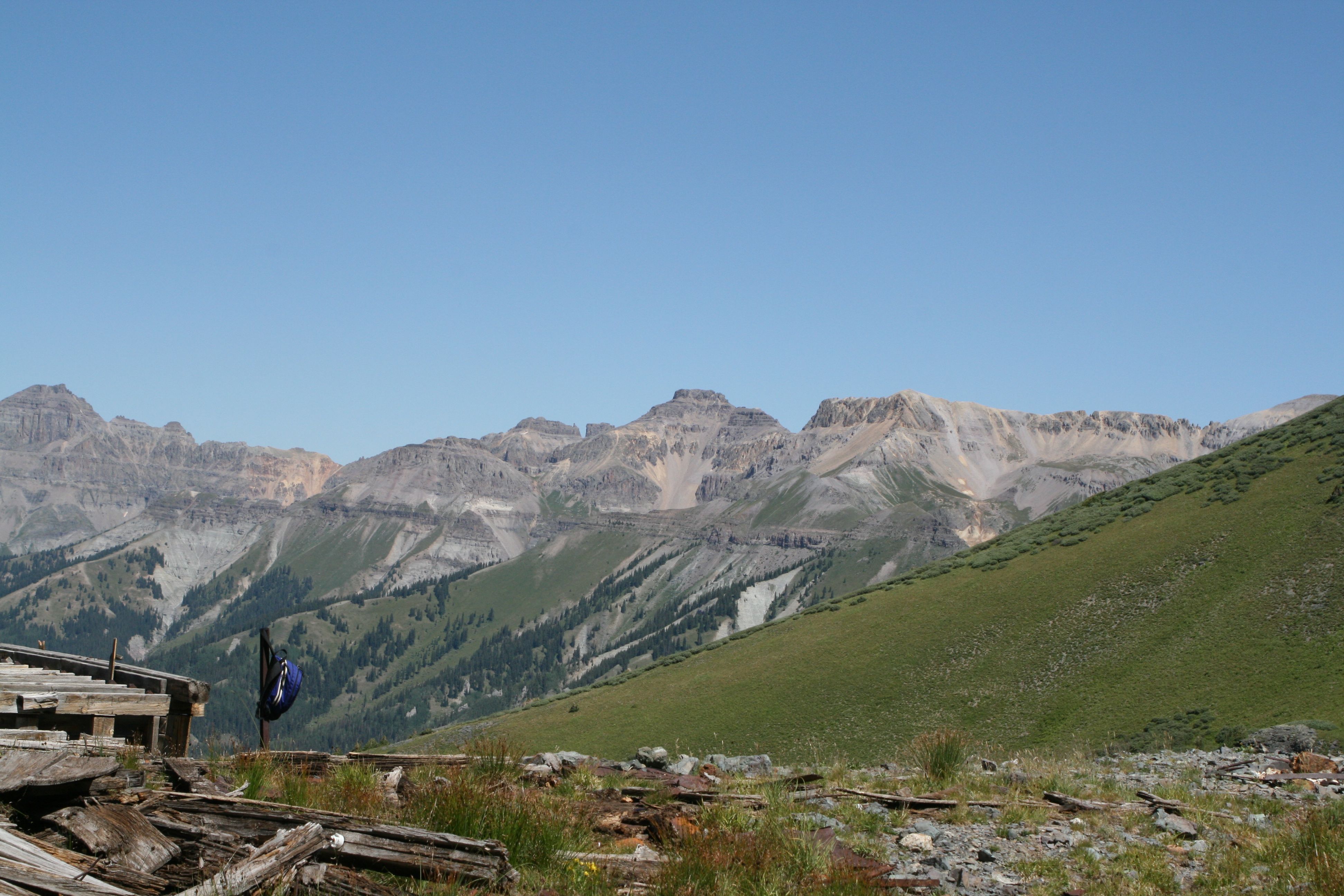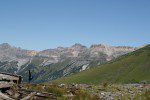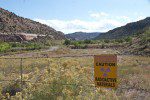
07 Jan COMMENTARY, MARK STEVENS: THE COST OF THE LAST GAS WELL?
 Jack Hoffman is an irascible piece of work. My 15-year-old daughter does a spot-on impersonation of his crotchety scold:
Jack Hoffman is an irascible piece of work. My 15-year-old daughter does a spot-on impersonation of his crotchety scold:
“I know what I’m doing,” he screeches in a biting whine at his son Todd.
This is from the “Gold Rush” reality show on The Discovery Channel. If you dig reality television, it’s an addictive show. Of course Jack doesn’t always know what he’s doing and he causes problems as much as he fixes others.
In the new season, the struggling Hoffman clan and their erstwhile band of sometimes hapless but dedicated helpers—a sheet metal worker, a mechanic, a “pumpologist” and others—arrive at a new claim in the Klondike. These guys are all from Oregon. All had lost their jobs and all take a gamble by going all-in on the chance to mine gold in Alaska.
Risky? Sure. Great television? You bet.
How American, how hard-nosed. You love their determination, admire their grit, shake your head at the conditions they are fighting in such a remote spot. You watch them argue and make-up. (Of course you also wonder how much money they are making just to have cameras record every moment of frustration.)
Let’s just say Season 1 was a series of mishaps and mechanical and emotional mayhem. In Season 2, the Hoffman’s original claim gets jumped and they pack all their gear and head hundreds of mile north to an otherwise pristine patch of rugged Alaska outback. Yes, this claim is adjacent to some previous mining but when they wander onto this riverside spot, it’s dense woods and what looks like, in a word, wilderness.
A few episodes later, and the trees are gone. There’s a giant scar by the river. The earth is laid bare. Bulldozers and giant shovels have torn the land apart. The payoff? A handful of gold bits and flakes. A few ounces of gold are produced by a week’s worth of moving and washing and sifting and sorting thousands of yards of earth.
In a recent episode, the hydraulic fluid line burst on one of the bulldozers and this, of course, got me to thinking about Colorado and the clash of industry and wilderness and the whole debate over “fracking,” a.k.a. hydraulic fracturing.
I approach this topic with the following premise: “things” aren’t always going to be the way they are today. We are always at a crossroads. We always have a choice in front of us. Colorado didn’t become the way it is today overnight. It continues to change. We will either do a better job of protecting the woods and wilderness—or we won’t. We will either get smarter and more efficient with our energy use—or we won’t. We can either come up with new approaches to find every last ounce of natural gas in the earth’s subsurface or we can adjust our use. (And we might have to do both. I can’t say I’m a low-impact carbon footprint kind of a guy…computer running, heat on, etc.)
But what Coloradoans for the most part know is that Colorado is special. And I think Coloradoans are asking for two things when it comes to protecting the environment.
Number one: They want energy companies to operate at the highest safety standards for industry practices. The highest. Why can’t an energy company lead the charge on safety practices and readily agree to every precaution a community or the state requests? Instead, what we hear today from the energy industry is something akin to Jack Hoffman’s “I know what I’m doing!”
Number two: They want government inspectors who are highly trained, well paid and without reproach. When was the last time…? Oh, never mind.
We’ve seen it all.
 Summitville. Rocky Flats. Uravan. Lowry Landfill. ASARCO. The Rocky Mountain Arsenal.
Summitville. Rocky Flats. Uravan. Lowry Landfill. ASARCO. The Rocky Mountain Arsenal.
Were these scars worth it? Were they avoidable? Whether the search is for nuclear fuel, oil, gold, silver or natural gas, industry doesn’t have a stellar track record. The list of Superfund sites in Colorado should be enough to give you pause.
I think Coloradoans have a right to ask for the highest level of protection and highest level of possible assurance. A gold mine is a relatively small operation compared to a drilling pad and the hundreds of truck trips required for one good “frack.”
We’ve had enough scars.
And we don’t want to end up on reality television (like, say, the news) for the wrong reasons.
Photos: Mayflower gold mine ruins, Telluride by Clint Viebrock; “Uravan” courtesy of qualityctrl.com


Sorry, the comment form is closed at this time.